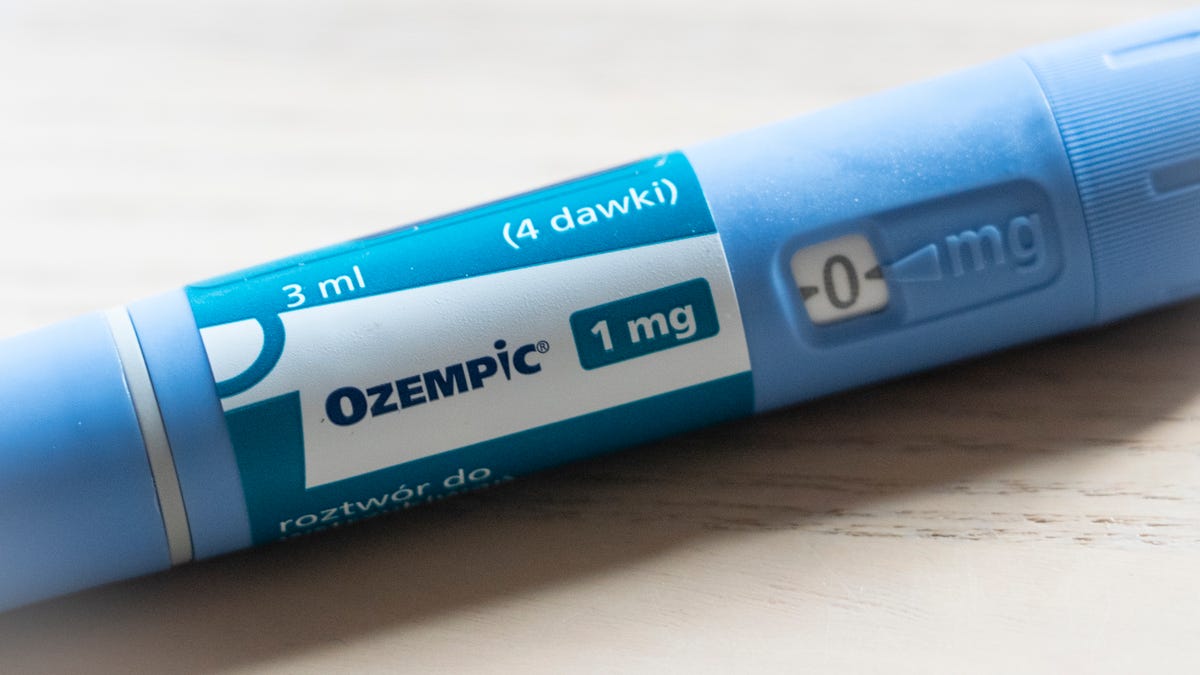Fitness
Ozempic and other GLP-1 drugs could reduce risk of cancer for diabetes patients, study says

Novo Nordisk’s blockbuster drug Ozempic and other GLP-1 medications could potentially lower the risk of certain types of cancer for people that have type 2 diabetes, according to a new study published Friday in JAMA Network Open.
In a retrospective study, researchers found that type 2 diabetes patients that were on a GLP-1 treatment had a lower risk of developing 10 types of obesity-related cancers (OACs) compared with type 2 diabetes patients that took insulin.
Researchers from Case Western Reserve University School of Medicine analyzed the medical records of 1.6 million type 2 diabetes patients who had no history of 13 types OACs from March 2005 to November 2018.
The study found a “significant risk reduction” in 10 of 13 type of cancers including esophageal, colorectal, gallbladder, and kidney in patients that were treated with a GLP-1 drug compared with patients that were treated with insulin.
The researchers wrote in the report the findings provide preliminary evidence of a potential benefit of GLP-1 treatments “for cancer prevention in high-risk populations.”
The U.S. Food and Drug Administration approved Eli Lilly and Amylin Pharmaceutical’s Byetta in 2005, as the first GLP-1 treatment for type 2 diabetes. GLP-1 medications work by mimicking a hormone that helps regulate blood sugar levels.
In 2017, Novo Nordisk launched an improved and longer-lasting GLP-1 treatment, Ozempic, that has become known for its weight loss benefits. Eli Lilly launched its updated and highly-coveted GLP-1 drug Mounjaro in 2022.
Skyrocketing sales of these newer drugs have transformed Novo Nordisk and Eli Lilly into the most valuable pharma companies in the world.
The study’s authors wrote that that further long-term studies on these newer medications and their cancer prevention benefits are warranted.










